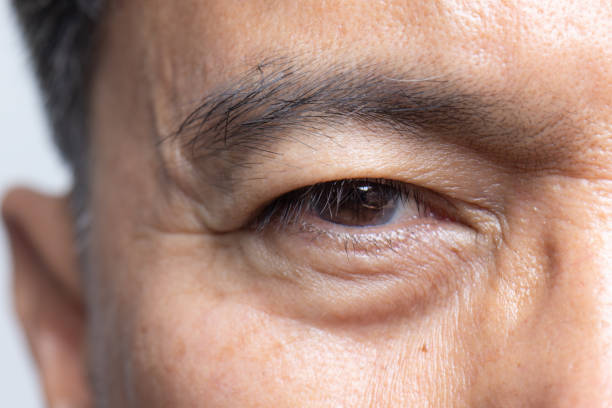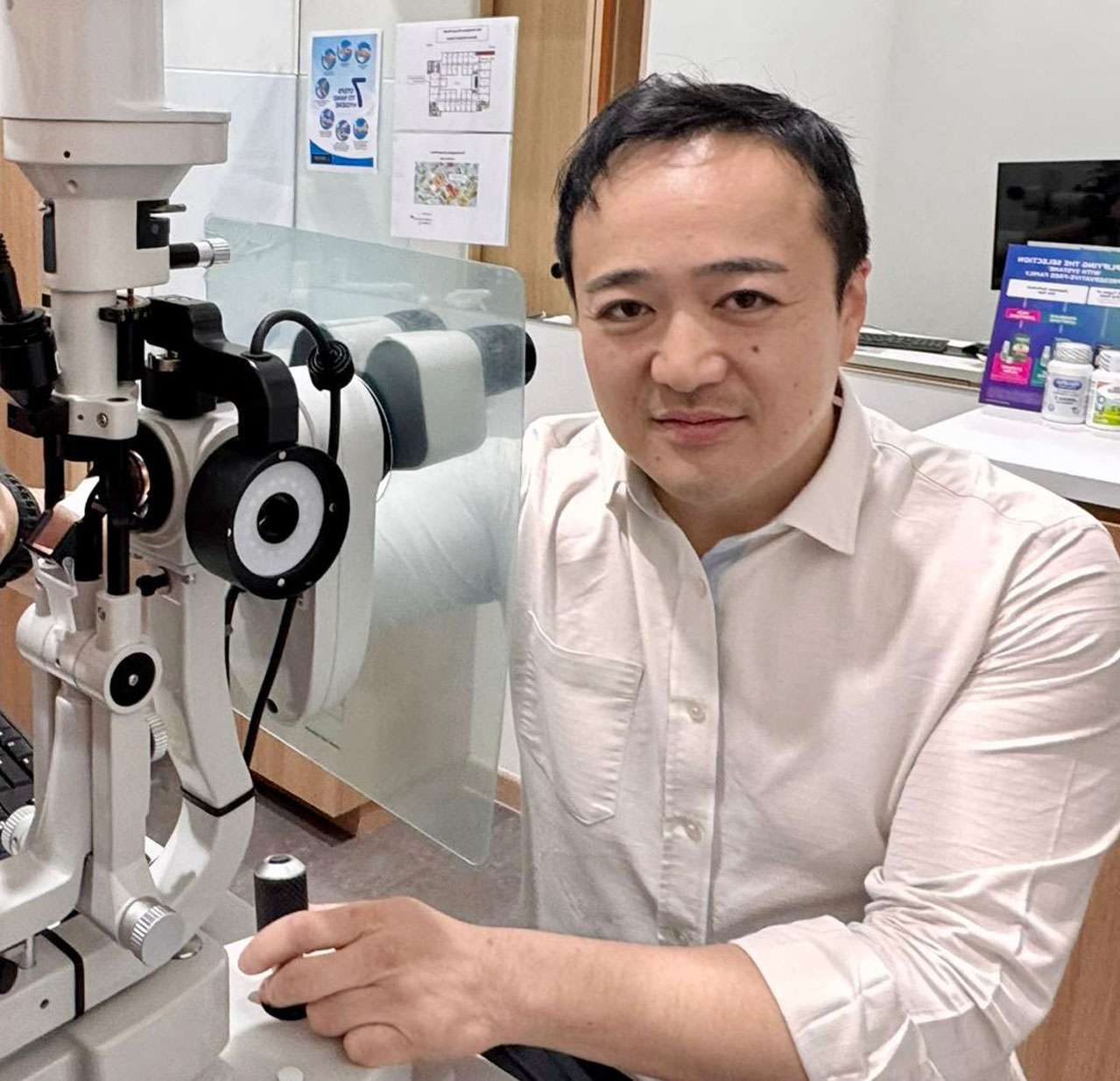Protecting the Vision That Matters Most as You Age
If you’re over 50 and finding it harder to read, recognise faces, or see clearly in low light, it might not just be about needing stronger glasses. Age-related macular degeneration (AMD) is a common condition that affects central vision, and it’s one of the leading causes of visual impairment among older adults in Singapore.
At London Eye & Retina, we work closely with individuals living with AMD to understand their condition and develop personalised strategies to protect and preserve the vision that supports their daily life.
What Is AMD?
Age-related macular degeneration (AMD) is a condition that gradually affects the macula, which is the central part of your retina responsible for sharp, detailed vision. As it progresses, you might notice blurriness, distortion, or even a dark spot right in the centre of your sight, while your peripheral vision typically stays unaffected.
There are two primary types of AMD:
- Dry AMD (the more common type): This involves a slow thinning and breakdown of the macula, resulting in a gradual loss of vision.
- Wet AMD (the less common but more serious type): In this case, abnormal blood vessels develop beneath the retina, leaking fluid or blood, which can lead to quicker and more severe vision loss.
What Causes AMD?
While ageing is the main factor, other risks include:
- Family history of AMD
- Smoking
- High blood pressure or cardiovascular disease
- Diets low in antioxidants
- Long-term exposure to sunlight without UV protection
What Are the Symptoms?
Early AMD may not cause noticeable symptoms. As it progresses, you may experience:
- Blurred or fuzzy vision
- Difficulty reading or seeing fine detail
- Straight lines appear wavy or distorted.
- A dark or empty area in the centre of your vision
- Trouble seeing in dim lighting
How Is AMD Diagnosed?
Diagnosis typically involves a detailed eye examination, including:
- Visual acuity testing
- Dilated eye exam to check the retina
- Optical Coherence Tomography (OCT) to detect thinning, fluid, or structural changes
- Fluorescein angiography (for wet AMD) to identify leaking blood vessels
These tests help determine the type and stage of AMD, so we can recommend the most appropriate treatment.
Can AMD Be Treated?
There is no cure for AMD, but early detection and tailored care can slow its progression. Depending on the type and severity, treatment may include:
- Lifestyle adjustments: Quitting smoking, wearing sunglasses, and adopting a diet rich in leafy greens and omega-3s
- Nutritional supplements: Based on the AREDS2 formula, for intermediate or advanced dry AMD
- Anti-VEGF injections: For wet AMD, these help control abnormal blood vessel growth and leakage
- Low-vision aids: Tools and strategies to support daily tasks if vision becomes significantly affected.
Living with AMD
If you are diagnosed with AMD, it can be feel daunting, but remember, you’re not in this alone. At London Eye & Retina, we’re here to offer you not just evidence-based treatments, but also the guidance and support you need to navigate the changes in your vision with care.
Schedule a consultation with Dr. James Ng at London Eye & Retina and explore your options for clearer, sharper sight.
Let us help you preserve the vision that supports your independence and lifestyle.


